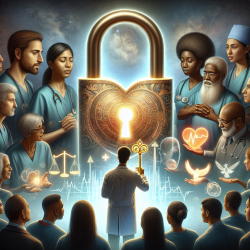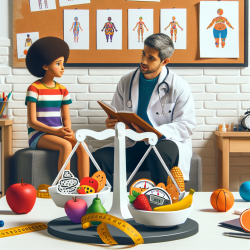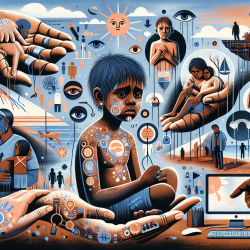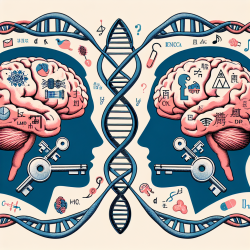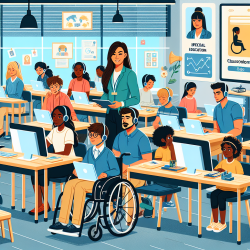Unlock the Secret to Transforming Your Clinical Practice: Insights from Stigmatized Patient Care
In the realm of medical education, the moral development of trainees is a critical yet often overlooked aspect. The research article, From distress to detachment: exploring how providing care for stigmatized patients influences the moral development of medical trainees, sheds light on this complex process. This study, conducted in two urban teaching hospitals in Canada, delves into how caring for stigmatized populations, such as people who inject drugs (PWID), impacts the moral and ethical growth of medical trainees.
The Challenge of Caring for Stigmatized Patients
Medical trainees frequently encounter moral challenges when working with stigmatized patients. These challenges often lead to feelings of frustration, futility, and avoidance behaviors. The study highlights that such experiences can trigger moral detachment, where trainees emotionally distance themselves from patients as a coping mechanism. This detachment can have long-term implications for their clinical practice.
Key Findings and Implications
- Frustration and Helplessness: Trainees often feel helpless due to repeated admissions and discharges of PWID patients, leading to a sense of futility.
- Role of Supervisors: Inconsistent supervisory practices and lack of effective role modeling exacerbate moral distress among trainees.
- Material Influences: Hospital policies and electronic documentation contribute to negative perceptions and mistrust between trainees and patients.
- Empathy Erosion: Over time, trainees' empathy erodes, leading to moral detachment and avoidance behaviors.
Transforming Challenges into Opportunities
Despite these challenges, the study offers valuable insights for practitioners looking to improve their skills and foster better outcomes for stigmatized patients. Here are some strategies to consider:
- Embrace Uncertainty: Recognize the dynamic and uncertain nature of care for stigmatized patients. Encourage trainees to redefine success as providing nuanced, individualized care rather than adhering to rigid routines.
- Foster Empathy: Create a supportive environment where trainees can discuss and process their experiences of moral distress. This can help prevent empathy erosion and promote moral development.
- Address Structural Influences: Acknowledge the role of hospital policies and material factors in shaping trainees' moral experiences. Work towards creating a more equitable and supportive clinical environment.
Conclusion
By understanding the moral challenges faced by medical trainees when caring for stigmatized patients, practitioners can transform these challenges into opportunities for growth and empathy. This approach not only enhances trainees' moral development but also improves clinical outcomes for stigmatized populations.
To read the original research paper, please follow this link: From distress to detachment: exploring how providing care for stigmatized patients influences the moral development of medical trainees.
